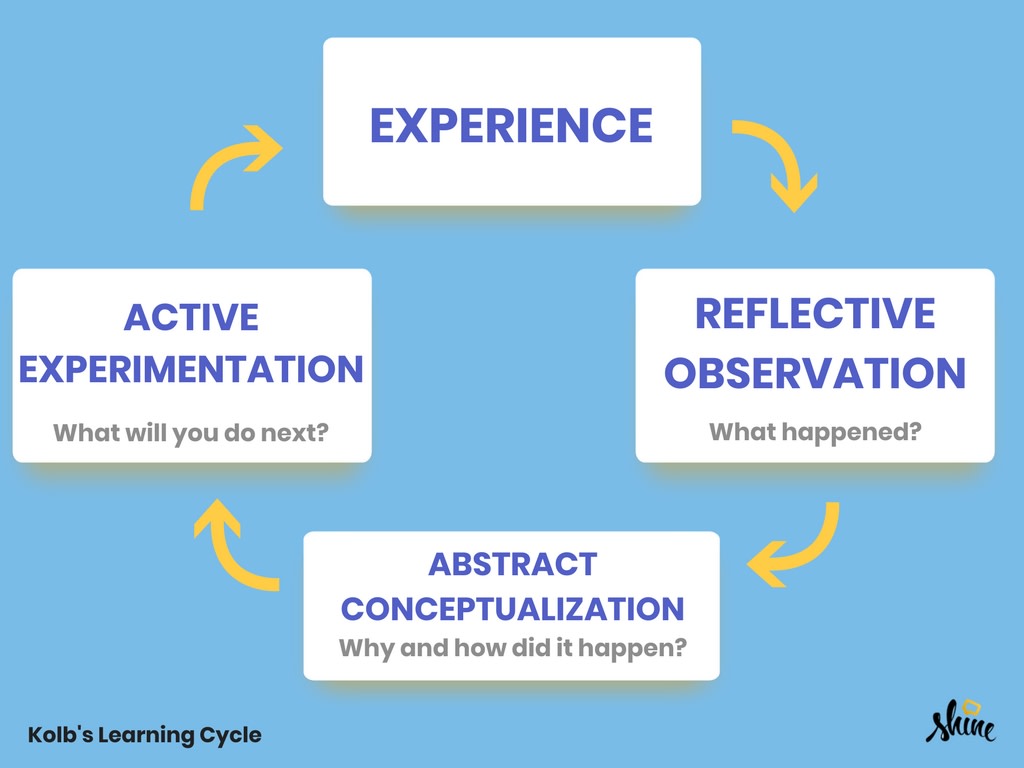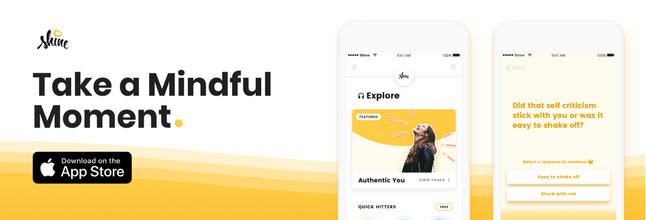How to Reflect With Purpose On Your 2017
Ah, New Year’s—it’s a time when most of us happily say goodbye to the previous year and welcome the sweet opportunity of the next.
For many of us, saying “see ya” to 2017 means swiping through old Instagrams and #TBT compilation videos. But if we get intentional, we can use the moment for some meaningful self-reflection.
Self-reflection is a major growth opportunity—it can help us learn from our experiences and feel more in control of our choices moving forward. But if you’re not careful, negative self-talk can easily disguise itself as reflection. Positive, helpful, and lasting self-reflection takes conscious effort and practice.
Here, three tried-and-true ways to approach your 2017 reflection:
1. Name Your Year

Career coach Eileen Chadnick explains in the Huffington Post that when reflecting over the past year, it’s helpful to complete the phrase, “2017 was the year of ____.”
Perhaps it was the year of love (that new relationship you got into), the year of forgiveness (making peace with something huge), or the year of progress (even baby steps towards that goal count for something). By defining your year, you give yourself something to focus on, and it pinpoints the largest takeaway that you’re carrying into 2018.
Pinpoint the largest takeaway that you’re carrying into 2018.
Chadnick recommends some questions that can help you fill in that blank: What were the good things and the bad things that happened? Which behaviors or people need to be left behind for your own sake? What did the year teach you? What surprised you about the past year? Be sure to note any hunches or gut feelings you have about things from your year. “Sometimes it feels like change comes out of the blue,” Chadnick writes. “But often there are early signs and/or hints abound.”
You can also ask yourself creative questions, like what kind of song or movie would 2017 be? Who would perform it? Anything that helps you visualize or describe your feelings about your year works for this exercise.
2. Write Down Key Events

Try mapping out your year by writing down important events in the order they happened. Meditation teacher Lodro Rinzler recommends checking your calendar, phone, or social feeds to help you remember key events. “Nothing is too small, and nothing is too big,” Rinzler told Greatist. If you feel like that time you learned a new song on the guitar or grabbed lunch with a long distance friend is worth mentioning, add it to your page.
Once you’ve mapped out your year, try and link some of the events together. Did meeting one person lead you to getting a new job or even losing one? Did the month of stress lead to some serious burnout? By linking these things together on paper, the events from your year can start to appear less isolated. This macrolevel perspective will help you notice connections you might not have seen before.
Once you’ve mapped out your year, try and link some of the events together.
You can also take what you’ve written down and turn it into a letter to your future self. This future letter can serve as a good reminder to yourself about the learnings you had the previous year, and it can be a way to check if you’re facing any similar setbacks. Seal the letter and plan to open it at a midway point in 2018. Your future self might be thankful for some advice and perspective from the past.
3. Turn Your Reflections into Experience

A tool that academics use when teaching reflective writing is Kolb’s Learning Cycle. It breaks down successful reflections into four parts: Experience, Reflections, Abstract Conceptualization, and Active Experimentation. The cycle is a great visual because it helps to show that reflection and experience feed into each other in a cyclical way—one cannot exist without the other.

Once you have your reflection mapped out, you can use Kolb’s Learning Cycle to go deeper into each experience. For example: Perhaps you think you spent too much time scrolling through Twitter and Instagram over the year. Your observation: It hurt your productivity. In the “abstract conceptualization” stage—where you explore how and why the experience happened—you might realize you had too much access to social media. You might consider deleting the app from your phone so you only have access it when you’re on your computer, or making a strict no-social-media rule for yourself before or after a certain time.
The fourth part of the cycle, “active experimentation," asks you to put your suggestions for improvement into action. Whether your ideas do or don’t work, it becomes more experience for you to reflect on and modify until you find what sticks. The reflection cycle keeps feeding into itself, and it’s something you can carry into 2018.
Here’s to a new year full of a little more wisdom and even more growth as new experiences come your way. Cheers!

Read next: 16 Inspiring Quotes That We're Bookmarking From 2017)
Shine is supported by members like you. When you buy through links on our site, we may earn an affiliate commission. See our affiliate disclosure for more info.


